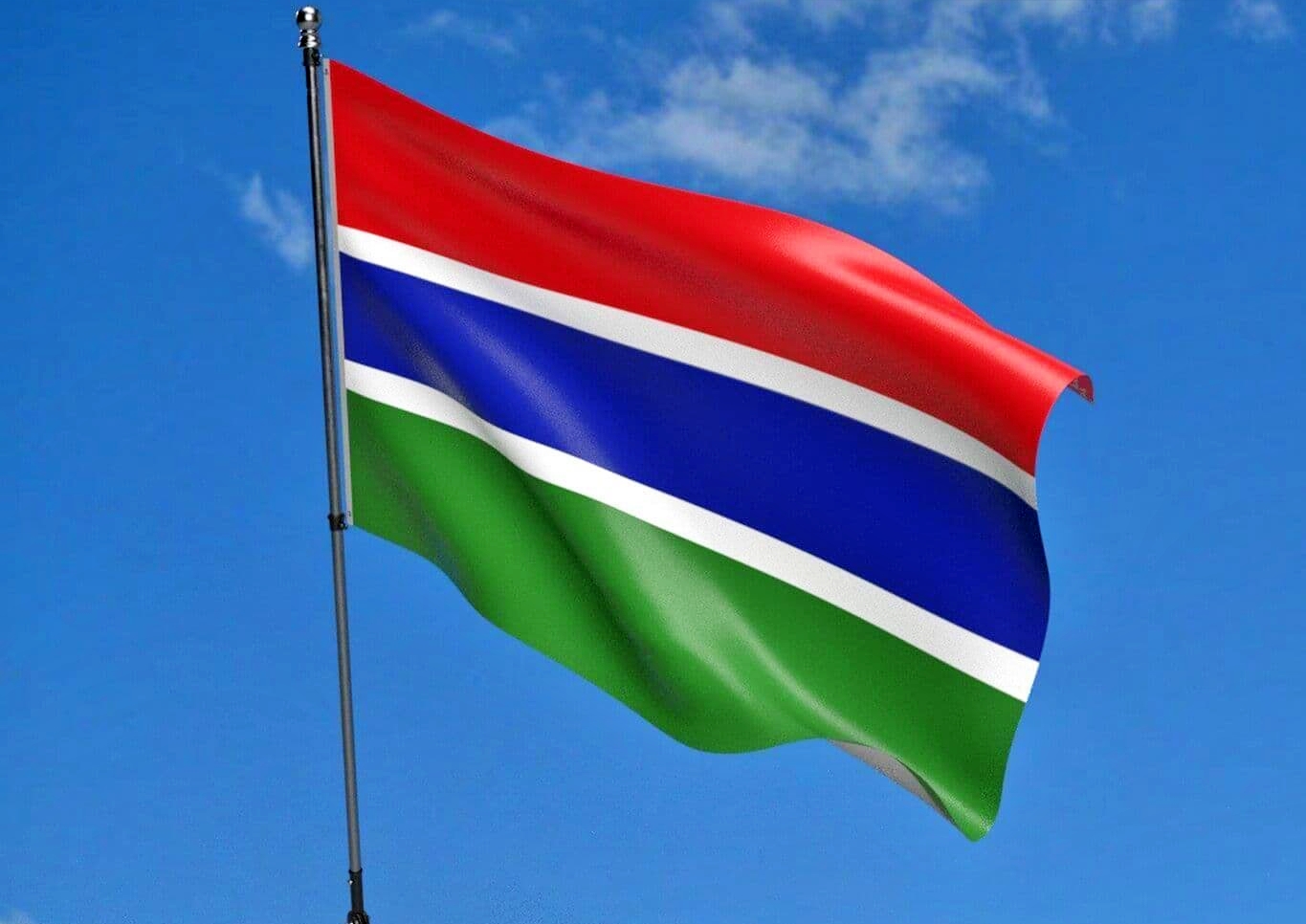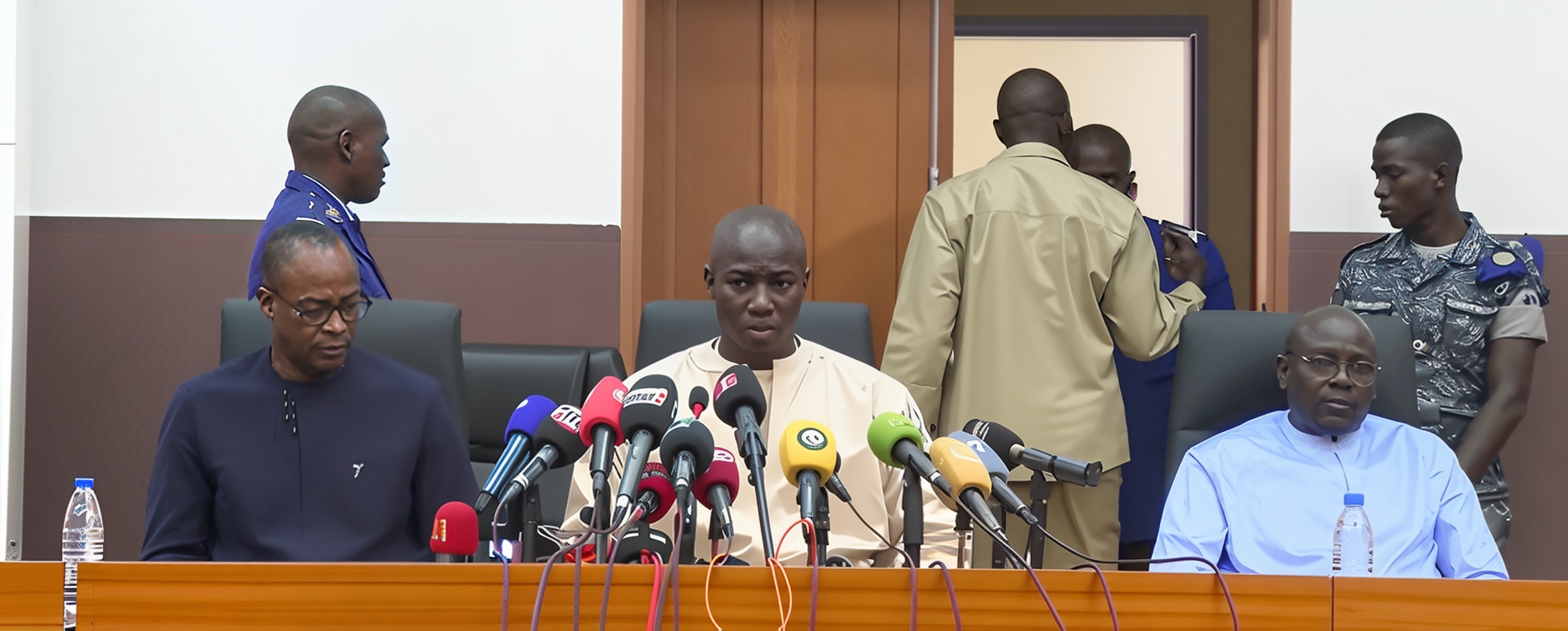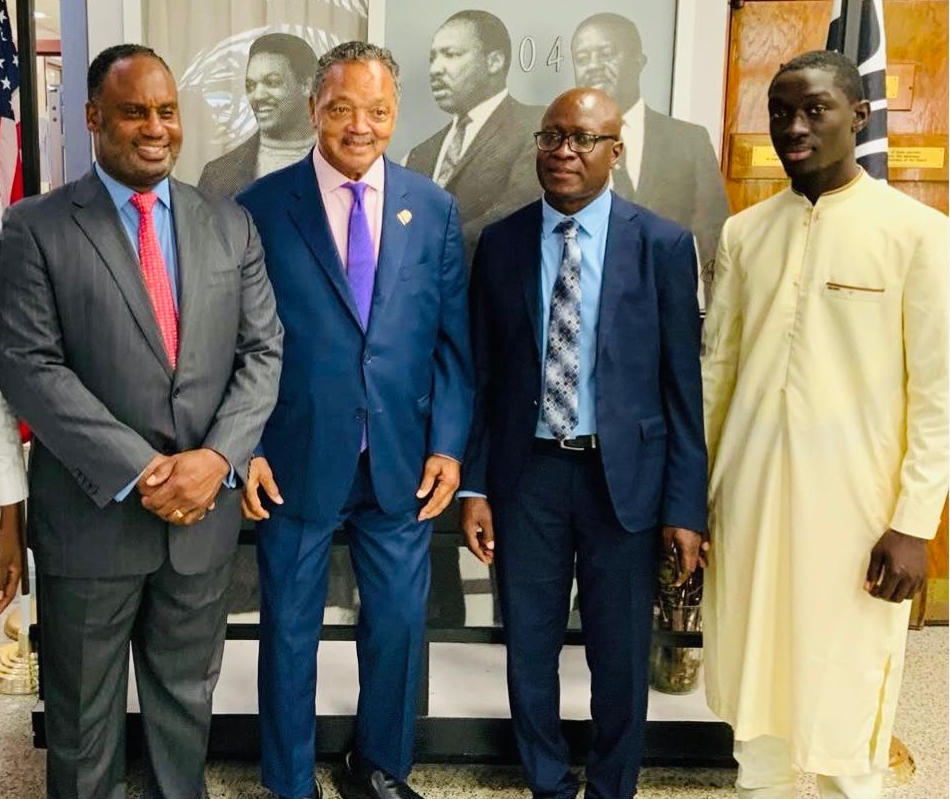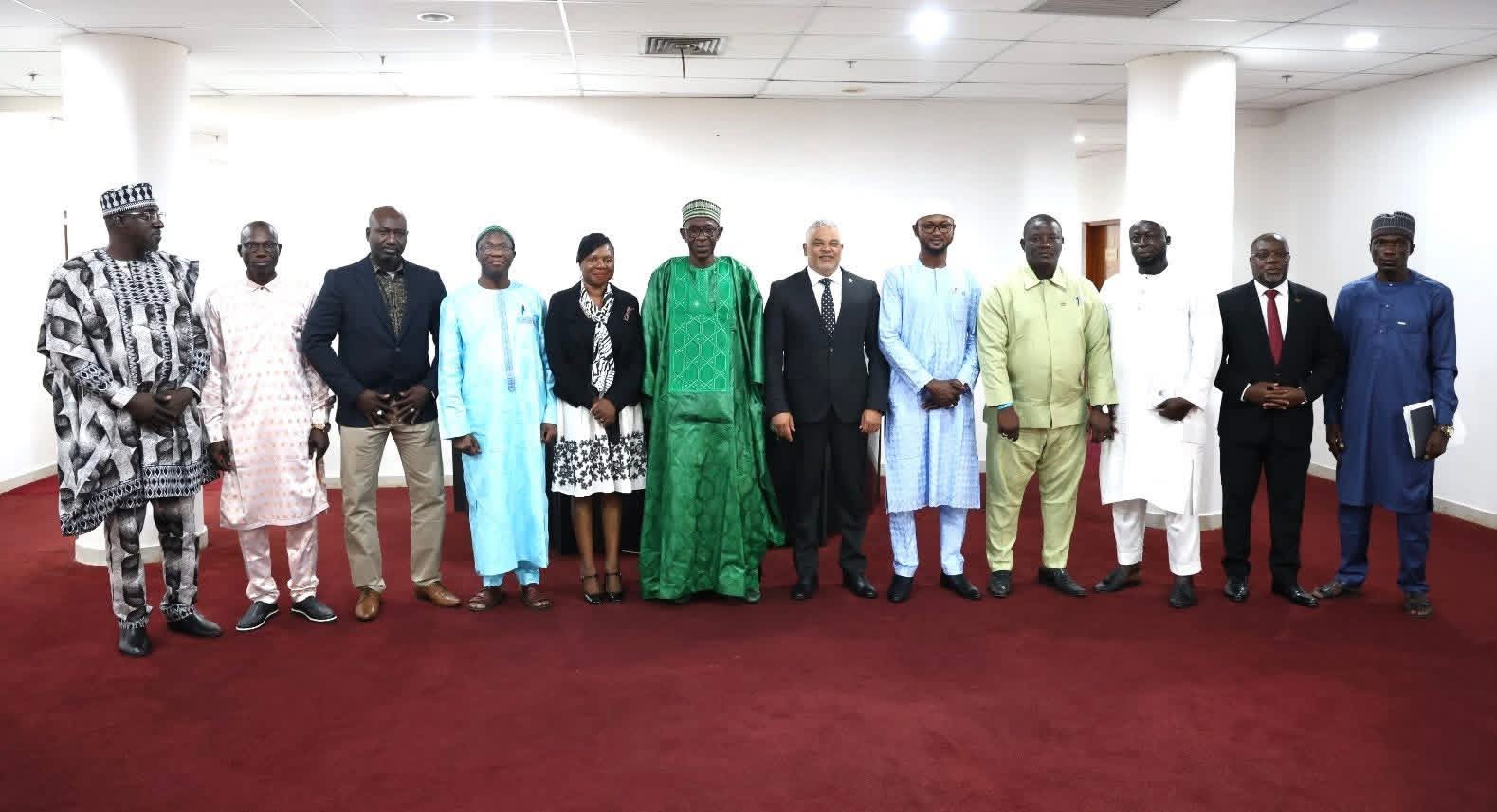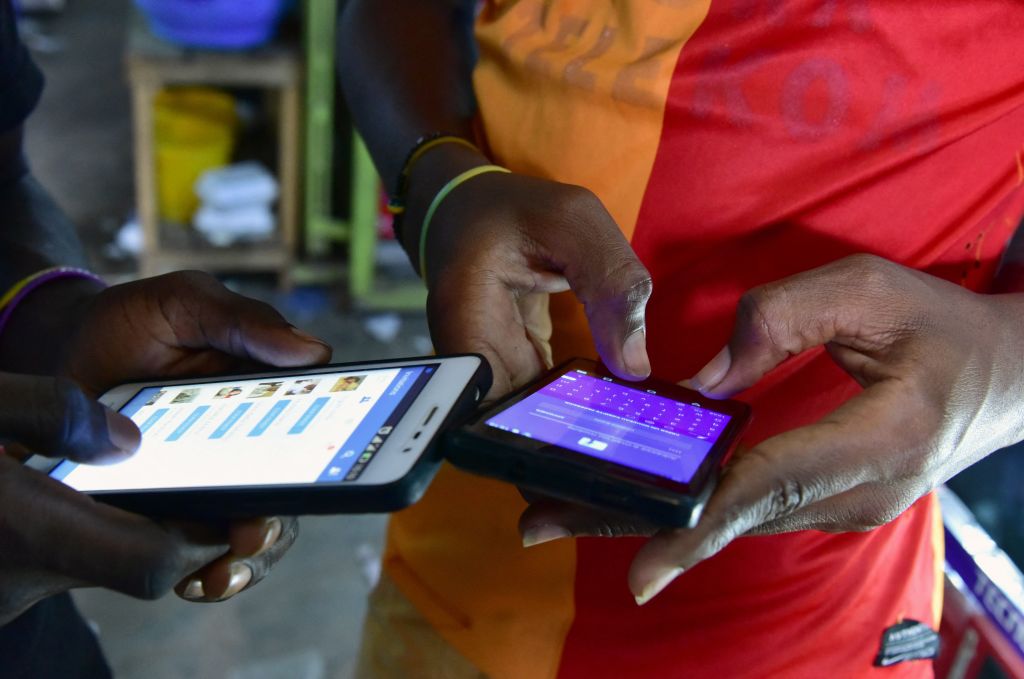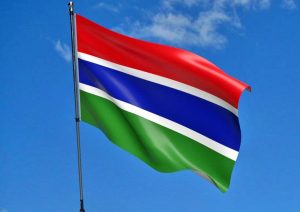ARTICLE 19, a leading freedom of expression organization, has expressed deep concern over the potential impact of the draft cybercrime bill currently under consideration in The Gambia. According to ARTICLE 19, the Draft Bill, if enacted in its current form, could severely restrict online freedom of expression and dissent, violating international standards.
In its analysis of the Draft Bill, ARTICLE 19 highlighted several key issues:
Broad Scope of Offenses
The Draft Bill proposes criminalizing a wide range of online speech under the pretext of combating cybercrime. This includes speech related to ‘false news,’ ‘prurient’ content, and criticism of political figures, which could lead to the suppression of legitimate expression.
Criminal Liability for Media and Civil Society
The Bill could make media organizations, civil society, and their senior leadership individually criminally liable for stories and investigations. This provision could be used to target journalists and activists, stifling freedom of the press and civil society.
Criminalization of Public Interest Reporting
The Draft Bill’s provisions are so broadly worded that they could criminalize the publication of evidence or data in the public interest, such as incriminating information about public officials.
Police and Surveillance Powers
The Bill grants significant police and surveillance powers, including the ability to compel service providers to decrypt content without judicial oversight. These powers could be used to infringe on individuals’ privacy and freedom of expression.
Restrictions on Digital Security and Research
The Draft Bill could criminalize legitimate digital security practices and academic or security research, which are essential for protecting sources and ensuring the safety of journalists and human rights defenders.
ARTICLE 19 has called for several changes to the Draft Bill, including the removal of content-based offenses, the inclusion of references to international human rights law, and provisions for judicial oversight of police powers. The organization stands ready to provide further assistance and expertise to The Gambia as it continues to consider the Draft Bill.



